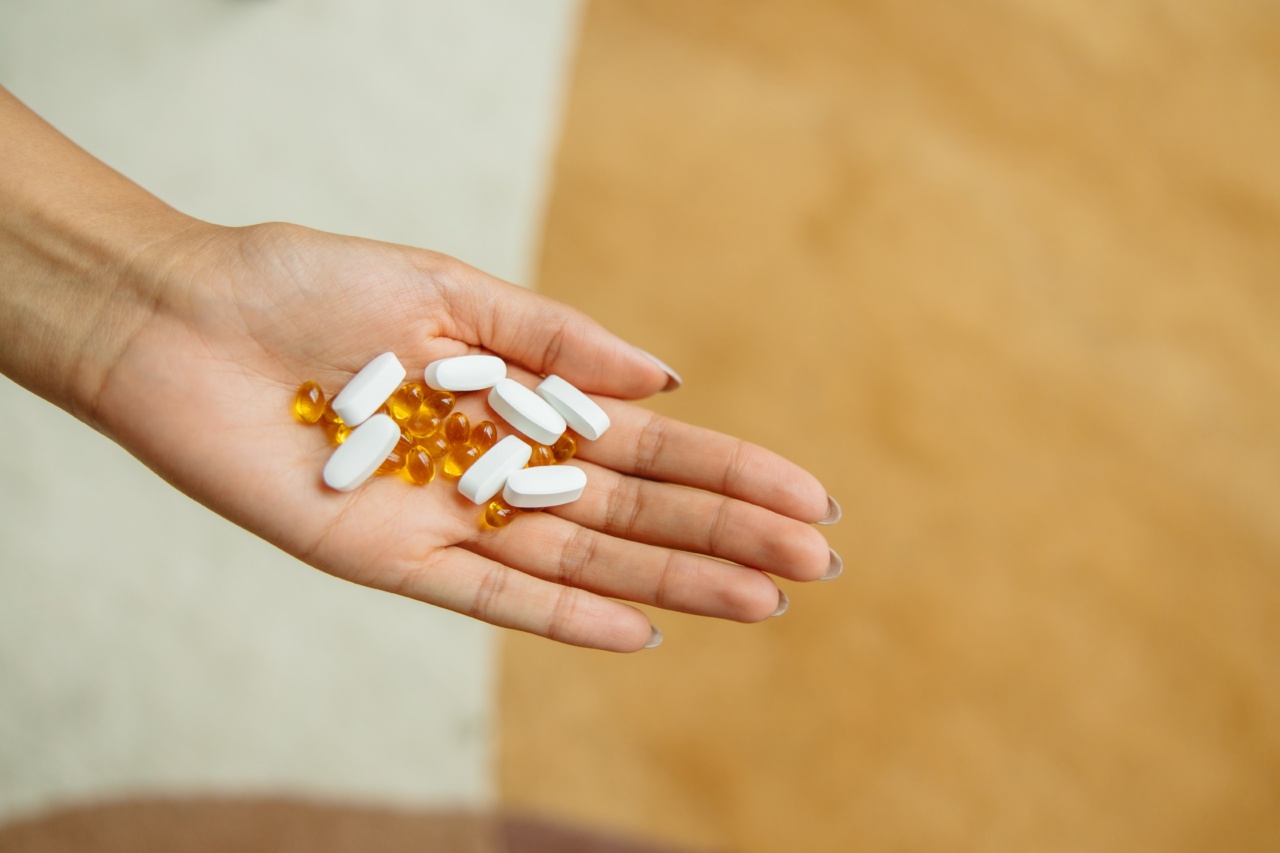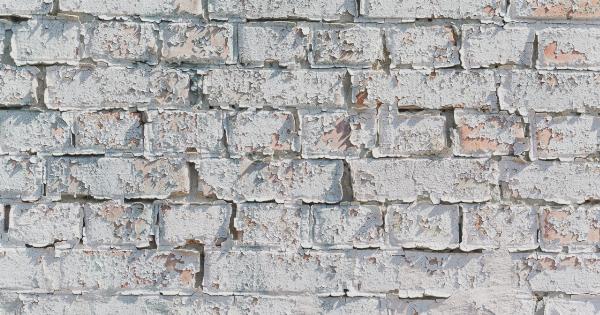Gastroenteritis, or stomach flu, is a common condition that causes inflammation and irritation of the digestive tract. Symptoms include nausea, vomiting, diarrhea, abdominal cramping, and sometimes fever.
This condition can be caused by a range of factors, including viral or bacterial infections, food poisoning, and parasites.
The good news is that simple changes to your diet can help alleviate the symptoms of gastroenteritis and promote healing. By following the proper diet, you can speed up healing and reduce your risk of complications.
1. Clear Liquids
At the onset of gastroenteritis, it’s important to avoid solid foods and stick to clear liquids. Clear liquids can help prevent dehydration, which is a common complication of gastroenteritis.
Clear liquids include:.
- Water
- Clear broths
- Apple juice
- Tea
It’s important to avoid sugary or caffeinated drinks, as they can make diarrhea worse. Sports drinks may be helpful if you are losing electrolytes. You should drink small amounts of clear liquids frequently throughout the day.
2. BRAT Diet
Once your symptoms start to improve and you’re able to tolerate solid foods, you can start following the BRAT diet. BRAT stands for:.
- Bananas
- Rice
- Applesauce
- Toast
These foods are low in fiber and fat, which makes them easy on the digestive system. However, it’s important to note that the BRAT diet is not nutritionally complete and should only be followed for a short period of time.
3. Probiotics
Probiotics are beneficial bacteria that can help restore the balance of gut flora and support digestive health. They can be found in certain fermented foods, such as yogurt, kefir, and kimchi, as well as in supplement form.
Studies have shown that probiotics can help reduce the severity and duration of diarrhea caused by gastroenteritis. They can also help prevent re-infection.
4. Low-Fiber Foods
High-fiber foods, such as fruits, vegetables, and whole grains, can be hard to digest during a bout of gastroenteritis. Instead, opt for low-fiber foods, such as:.
- Egg whites
- Plain chicken or fish
- Cooked vegetables, such as green beans or carrots
- Cooked cereals, such as cream of wheat
It’s important to avoid spicy, greasy, or fried foods, as well as dairy products, until your symptoms have resolved.
5. Hydration
Staying hydrated is crucial when you have gastroenteritis. In addition to clear liquids, you should drink plenty of water to help replace lost fluids.
You may also benefit from drinking oral rehydration solutions, which contain a precise balance of electrolytes and fluids to help prevent dehydration.
If you’re unable to keep down fluids, you may need to receive fluids intravenously. This is especially important for young children, the elderly, and people with weakened immune systems.
6. Foods to Avoid
There are certain foods that can irritate the digestive system and make gastroenteritis symptoms worse. These foods include:.
- Spicy foods
- Greasy or fried foods
- Dairy products
- Sugary or caffeinated drinks
- Alcohol
Avoiding these foods can help reduce inflammation and increase your chances of a quick recovery.
7. Resting Your Digestive System
It’s important to give your digestive system a break when you have gastroenteritis. This means avoiding solid foods until you are able to tolerate them, eating small frequent meals, and avoiding overeating.
Your body needs time to rest and recover, so take it easy and don’t push yourself too hard.
8. Safe Food Handling
Gastroenteritis can be caused by eating contaminated food. To reduce your risk of infection, it’s important to practice safe food handling and preparation. This includes:.
- Washing your hands thoroughly before handling food
- Cooking meat and poultry to the recommended temperatures
- Keeping raw and cooked foods separate
- Refrigerating leftovers within two hours
9. When to Call Your Doctor
Gastroenteritis can usually be managed at home with self-care measures. However, there are situations where you should seek medical attention. Call your doctor if:.
- You have severe or persistent vomiting
- Your diarrhea is bloody or lasts for more than three days
- You have a high fever
- You’re unable to keep down fluids
- You’re at risk of dehydration, such as if you’re pregnant, elderly, or have a chronic illness
10. Summary
Gastroenteritis can be a painful and uncomfortable condition, but following the right diet can help alleviate symptoms and promote healing.
Stick to clear liquids at the onset of symptoms, then follow the BRAT diet once you’re able to tolerate solid foods. Focus on low-fiber, easy-to-digest foods, and stay hydrated. If you’re unsure what to eat or are having trouble managing your symptoms, speak with your doctor.






























